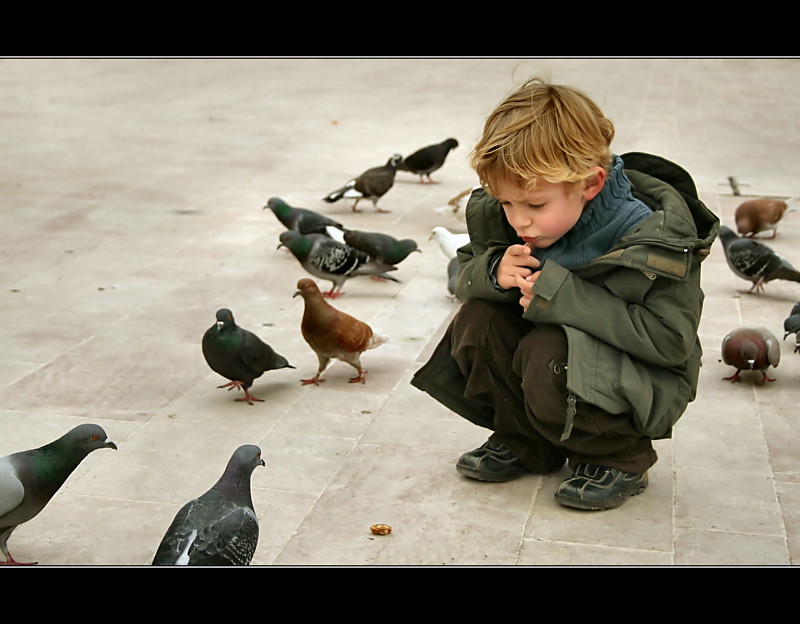| I am a birder. For those of you who may not understand what that implies, it is a subset of "bird-watcher". And both of those are subsets of the science "ornithology". Many bird-watchers exercise their passion by feeding birds in their yard, and paying close attention to when, in the year, certain species arrive and depart. They watch yard birds build nests and fledge young. That kind of bird-watching is NOT me. I am a birder; I am a "lister". I want to build lists of birds I've seen. Listers do this in many ways. Some will keep geographically-based lists (e.g., yard, county, state, national, and world) or time-based lists (day or year are the most common), or some combination of those. Others are more interested in building the number of species as high as it might be. I am one of those. And, because of that passion, I've been known to travel hundreds of miles in a weekend simply to see a rarity, and add it to my list. You might have gathered that there is a bit of a competitive edge to the kind of birding I do. And there is, although I'm not as competitive as some.* Mostly I'm competing against the clock -- I want to see as many different birds as I can before I'm unable to watch any more. So, if I'm out looking for a rarity, I want to know WHERE to look and WHEN to look (and usually if there is a rarity, other birders have pinned those details down). In other words, I want to get to the location, see the bird (maybe even "watch" it for a few minutes), and check it off in my bird book. Then I can move on. The idea of sitting still for a long time waiting for the bird to appear is almost anathema. Patience may be a virtue. and it may be a virtue for great birders, but it is NOT mine! I've been musing on "patience" for the last week or so. I recently ran across a quotation from Buddhist teacher Bhikshuni Thubten Chodron:
I loved the image of planting, and letting the seeds grow without daily check-ups. Simply to tend the good seeds, weeding out the bad, and trusting that the good will grow. It's similar to the advice given to dieters: "Don't weigh yourself every day; once a week will do. More often than that won't yield any better, more healthy, results. I will only feed some unhealthy behaviors." I'm a victim of my culture; I admit it! We are told to speed things up, to get things done -- preferably quickly (as a bread-baker, I'm especially grateful for "RapidRise Yeast"). How counter-cultural, then, it is to refuse to be sped-up! And, of course, the counter-cultural nature of many religions is highlighted by teachings such as Chodron's. A quick glance at the Wikipedia article on "Patience" suggests that religions have thought on this much more than any other discipline. Many western Christians are now observing the season of Lent (it began last Wednesday). It is a season of preparation for the great feast of Easter, and is often marked by various spiritual exercises or disciplines. As someone as driven as I, it made sense for me, after reading Chodron, to simply work on one of the most difficult disciplines for me: patience. I'm going to go sit somewhere occasionally and let the birds come to me. And I'm going to say "No" to RapidRise Yeast when I next bake bread! Blessings, Gary *If you want to see how this can run amok, watch the recent movie "The Big Year", with Steve Martin, Jack Black, and Owen Wilson. |
Friday, February 24, 2012
Say "No" to RapidRise Yeast!
Subscribe to:
Post Comments (Atom)


No comments:
Post a Comment